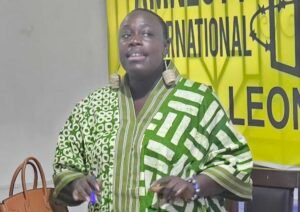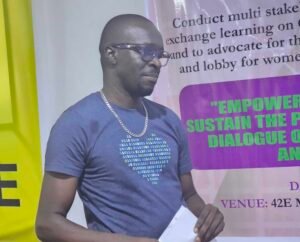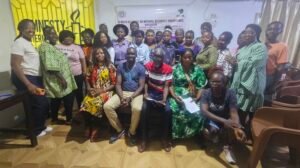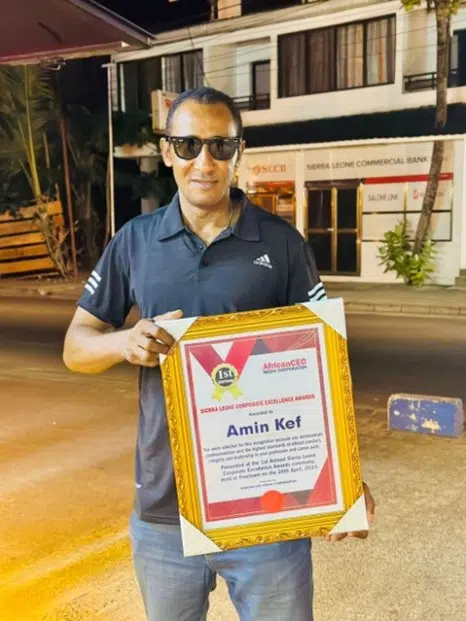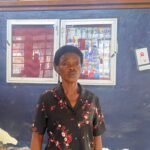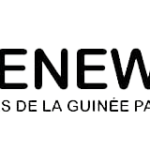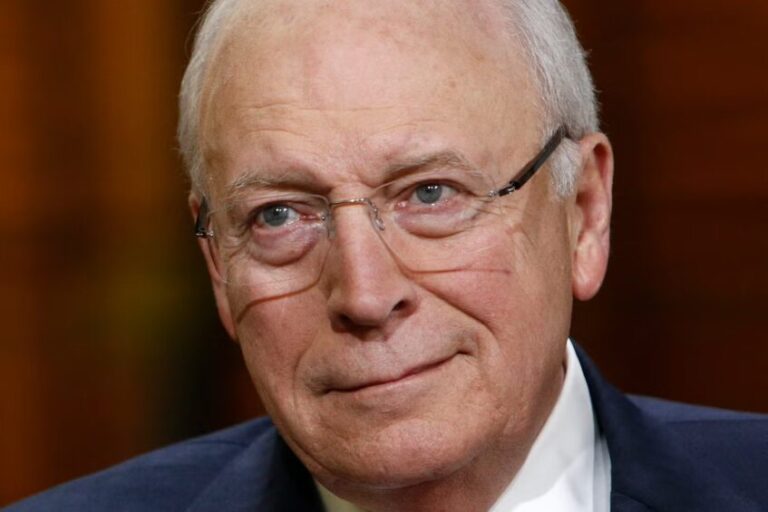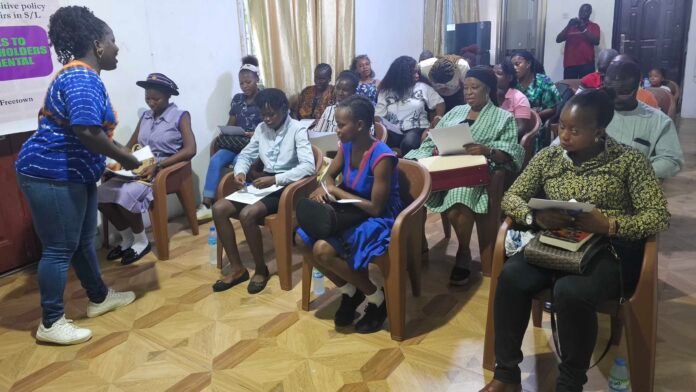
By Alvin Lansana Kargbo
The Women Alliance on Natural Resource Governance (WANRG) on Saturday, 1st November 2025, held a multi-stakeholder dialogue session on gender, environment and climate justice with Ministries, Departments and Agencies (MDAs) at the Amnesty International Sierra Leone Conference Center in Freetown.
The dialogue, held under the theme: “Empowering Women and Girls to Sustain the Planet,” sought to strengthen collaboration among state institutions and Civil Society to promote gender inclusion and women’s leadership in climate action and environmental governance.
The session formed part of the Alliance’s ongoing project titled: “Promoting Women and Girls’ Participation in Environment, Gender and Climate Justice in Sierra Leone,” a two-year initiative that began in July 2024 and runs until July 2026. The project targets women and girls in vulnerable communities across Bo, Kenema, Kono and Freetown and aims to build knowledge and leadership among young women to become climate ambassadors in their schools and communities.
According to Project Coordinator, Gloria Spencer, the project’s objectives are to enhance awareness among young people on gender and environmental issues and to strengthen a unified, young women–led movement capable of advocating for climate justice. She outlined five core activities: community outreach and training on relevant national laws, establishment of peer educators in schools, integration of climate and gender education into syllabuses, facilitation of dialogues with MDAs and consistent monitoring and evaluation.
Gloria Spencer said the organization’s approach includes engaging schools in Freetown, as well as other chapters across the provinces. She added that multi-stakeholder dialogue sessions like this one aim to foster learning exchanges with Government institutions while advocating for gender-sensitive environmental policies and increased women’s participation in decision-making.
Speaking on the role of legislation in gender empowerment, Joseph Dennis Koroma, Assistant Director at the Ministry of Gender and Children’s Affairs, emphasized the mandatory nature of women’s inclusion under the Gender Equality and Women’s Empowerment (GEWE) Act of 2022. He stated that the country must ensure women’s meaningful participation in climate action, with at least 30 percent representation at all decision-making levels, including local land governance bodies.
He explained that women already make up about 42.8 percent of civil servants at Grade 7 and above and over 54 percent in the broader civil service. He stressed that inclusion should go beyond symbolic representation to leadership roles supported by training, mentorship and budgetary planning. He called on institutions to operationalize gender frameworks rather than treat them as aspirational goals, stating that “compliance is not optional; it is a duty to country and humanity.”
Lahai Kpaka, Information Officer at the Ministry of Environment and Climate Change, highlighted the critical role women play in protecting and preserving the environment. He said environmental stewardship must move beyond conferences to community-level action, encouraging both men and women to work jointly toward sustainability.
The Information Officer explained that the Ministry oversees key agencies such as the Environmental Protection Agency (EPA), the National Protected Areas Authority (NPAA) and the Sierra Leone Meteorological Agency, which collectively manage issues from forest protection to weather forecasting. He said the Ministry is developing major policy documents, including a national climate framework and a plastic management policy to strengthen environmental governance.
He further encouraged community-based initiatives such as tree planting, waste management and recycling, adding that women’s participation in those activities is vital for long-term climate resilience. Citing inspiration from the late Professor Wangari Maathai’s Green Belt Movement, Lahai Kpaka urged for similar women-led environmental actions in Sierra Leone.
In her contribution, Bintu Kamara, Program Manager of the 50/50 Group Sierra Leone, called for practical and gender-responsive approaches to climate mitigation, adaptation and resilience. She warned that climate change disproportionately affects women, particularly those with disabilities, rural women and female farmers and said policies must reflect this intersectionality.
She highlighted the growing impact of extreme weather on women’s health, livelihoods and economic security, noting projections that by 2050, more than 150 million women and girls globally could be pushed into extreme poverty due to climate change. Bintu Kamara said Sierra Leone’s dependence on land-based livelihoods makes women especially vulnerable.
She criticized weak enforcement of policies that guarantee women’s access to land and finance, noting persistent barriers at the community level. The Program Manager also cited a knowledge gap in climate literacy, with studies showing only about 36 percent of women compared to 65 percent of men having a clear understanding of climate adaptation and mitigation. She urged for stronger education and awareness programs to enable women to lead local climate actions.
Bintu Kamara called for improved coordination between Civil Society and Government institutions, adequate resourcing of the Ministry of Environment and the establishment of viable alternative livelihoods to reduce dependence on environmentally harmful practices such as charcoal burning and illegal mining.
She concluded that achieving gender-responsive environmental governance requires not just policies but consistent monitoring, enforcement and investment in women’s leadership at all levels.
The multi-stakeholder dialogue ended with participants reaffirming their commitment to collaborate in advancing gender inclusion, environmental protection and climate resilience through education, policy implementation and community action.
